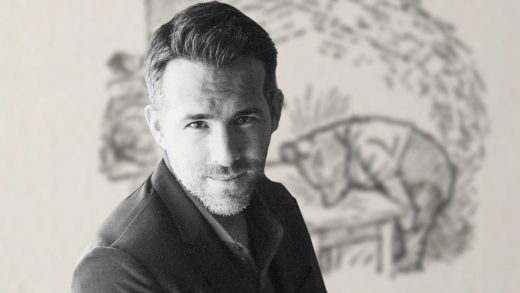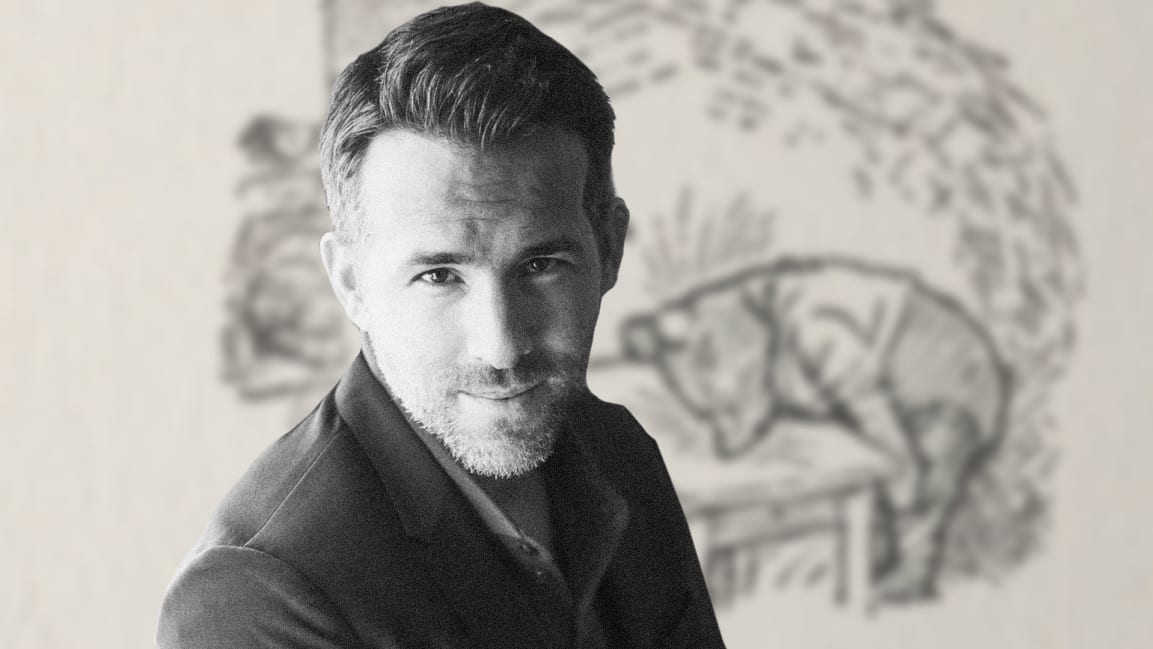Ryan Reynolds taunts Disney with ‘Winnie-the-Screwed’ ad as copyright battles heat up
Since Disney acquired the rights to Winnie-the-Pooh stories by A.A. Milne back in 1961, the company has used them to create content and merchandise that have since generated billions of dollars, and made Pooh and his friends as popular as Mickey Mouse. But Ryan Reynolds didn’t have to pay any licensing fees for his newest ad for Mint Mobile and its new cellular bill-based spoof of the children’s classic, “Winnie-the -Screwed.”
That’s because this year, the original Milne stories enter the public domain, meaning they can legally be freely shared, performed, repurposed or sampled.
Other famous works joining the original Pooh book in the public domain this year include Felix Salten’s Bambi, Ernest Hemingway’s The Sun Also Rises, Langston Hughes’s The Weary Blues, and Dorothy Parker’s Enough Rope. It’s important to note that not all of Milne’s or Disney’s Winnie-the-Pooh works became free to use; just the original stories. Disney still keeps the rights to Milne’s books and characters created after 1926.
Why 1926? Under American copyright law, the Copyright Term Extension Act of 1998 (also known as the Mickey Mouse Protection Act) protects a company’s copyright for 95 years from a work’s first publication or 120 years after its creation, whichever ends first.
The new Mint Mobile ad is typical Reynolds ad fare, quickly and creatively tapping into a broader cultural conversation for one of his brands. That cultural conversation, however, is only going to get louder, especially for Disney. While it is symbolic that the original Mickey Mouse cartoon, Steamboat Willie, is up for public domain two years from now, more pressing are the copyright issues facing key Marvel characters this year.
As reported last fall, multiple former Marvel creators and their estates are challenging Disney with ongoing copyright termination cases around characters like Thor, Spider-Man, Iron Man, and Dr. Strange. These cases, which could go as high as the Supreme Court (as it almost did back in 2014, when the company reached a settlement with the estate of Jack Kirby), stem from the Copyright Revision Act of 1976, which provided an opportunity for authors or their heirs to regain ownership of a product after a given number of years.
If any of those cases are decided or settled this year, rest assured, we can probably expect an Aviation Gin ad making fun of it.
Fast Company , Read Full Story
(99)



